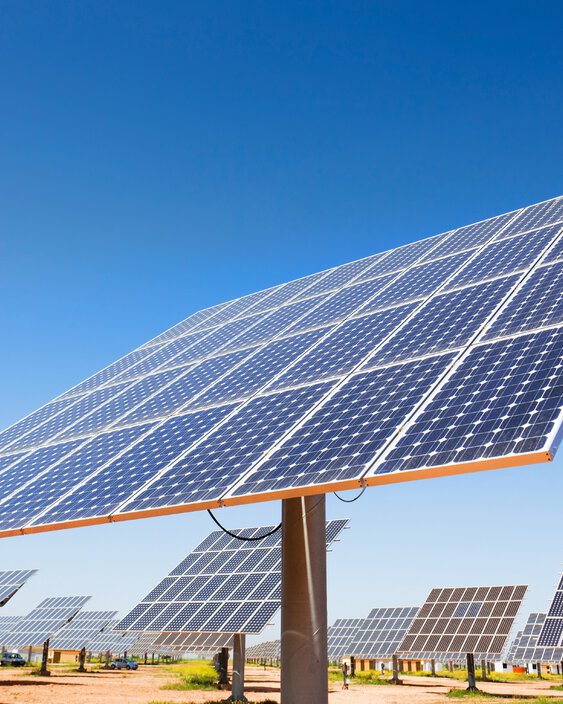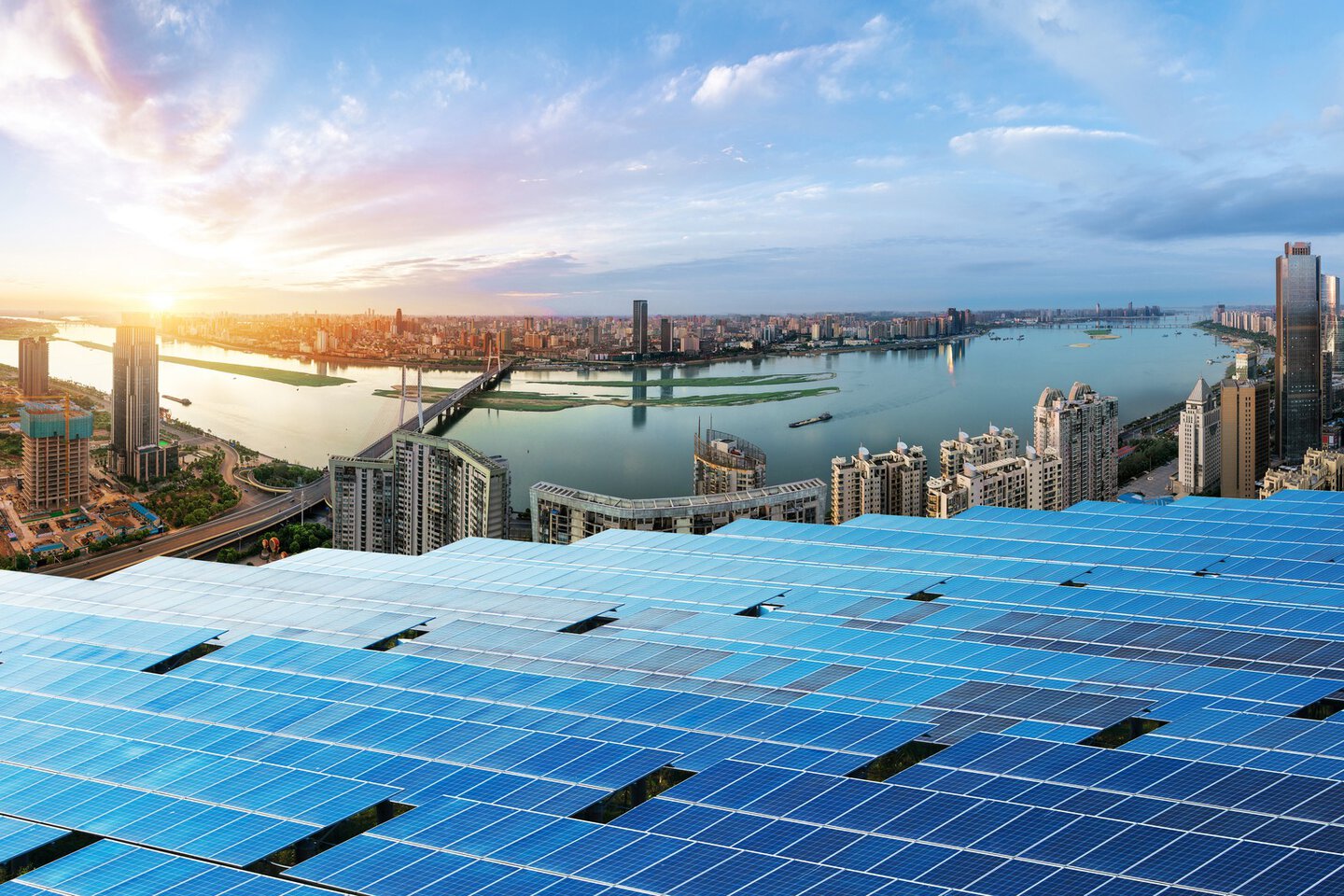
Our business
Protecting people and their property is a central task of the insurance industry. As risk carriers, this means that insurance companies make a concrete and direct contribution to global sustainable development at very different levels.
Loading ...
Links
The range of measures extends from protecting individuals from the consequences of illness and accidents and the effects of natural disasters on harvests and property to supporting the global energy transition.
As a reinsurance company, we actively support these developments at various levels:
As a risk carrier we facilitate the necessary technical progress and therefore support the further development of processes and products in companies, for example in the reinsurance of renewable energy sources.
As an investor we provide capital to innovative companies and technologies that make an active contribution to achieving climate and sustainability goals.
As a solution provider we develop innovative insurance products that offer people in emerging and developing countries, in particular, protection against the unavoidable economic and social effects of climate change.
As centre of expertise for dealing with risks, we can actively support social and political discussions on combating the causes and consequences of climate change.

Property & Casualty Reinsurance
As a partner to our customers, we not only strengthen their resilience to extreme weather events and catastrophic situations by partially assuming risks in property and casualty reinsurance, but also that of the environment and society. At the same time, we support the global transition towards a more sustainable economy. We are therefore decarbonising our reinsurance portfolio and steadily reducing our exposure to fossil fuels. The target is to no longer cover any risks in connection with the mining and conversion of thermal coal into electricity in our entire property and casualty reinsurance business by 2038.
As a provider of reinsurance solutions, we support the global energy transition, are committed to the expansion of renewable energies and offer sustainable insurance solutions to mitigate the consequences of climate and natural disasters. Emerging and developing countries are disproportionately affected by extreme weather events, which means that people living there are often confronted with a protection gap. In these areas, in particular, our goal is therefore to offer sustainable reinsurance solutions and thereby help to reduce the protection gap.

Life & Health Reinsurance
In life and health reinsurance, we support our clients with our global expertise and innovative strength in the development and introduction of sustainable insurance solutions. Based on careful risk assessment and evaluation as well as sound data analysis, our offering ranges from traditional solutions, e.g. to cover critical illness or incapacity for work and the need for long-term care, to complex, customised solutions to protect against financial challenges and support the achievement of strategic requirements.
As in property and casualty insurance, penetration of emerging markets is often still insufficient in the area of life and health insurance. This is frequently due to products being too expensive, too complex and not tailored to demand, as well as a lack of access to end consumers due to a lack of infrastructure. To remedy this situation, we are working with partner companies such as InsurTechs and HealthTechs. This means that target group-specific insurance solutions can be offered for these groups of people who are not (yet) sufficiently insured.
In addition to closing the protection gap in emerging markets, we are also working to improve insurance cover in developed countries. The focus here is increasingly on prevention and early detection in order to improve both financial and health protection.

Investments
In addition to property and casualty as well as life and health reinsurance, we can make a positive contribution to sustainable development and financial management through our investments. It is part of our mission and identity to be a responsible investor and to respond to the increasing interest shown by investors and analysts in sustainability aspects.
As part of our investment policy, we endeavour to achieve stable returns in line with the market in order to be able to meet our underwriting obligations and liquidity requirements at all times while maintaining a balanced risk/return ratio and broad diversification. At the same time, we also consider our sustainability approach, which takes environmental, social and governance aspects (ESG criteria) into account, to be very important. We do not invest in companies that violate our ethical expectations and environmental and social standards.
The "Responsible Investment Policy" defines ESG criteria for our investments. Issuers involved in activities that could cause serious environmental damage are not only excluded from our investment activities, but are also actively removed. In addition, Hannover Re is increasingly supplementing its investment portfolio with sustainable investments that support the transformation to a resource-efficient economy.

Our own operations
Compared to companies in the manufacturing industry, the environmental impact of Hannover Re's business activities as a service provider in the financial sector is comparatively low. Nevertheless, we take our responsibility for the environment very seriously and endeavour to keep the negative ecological impact of our own business activities as low as possible.
Our climate protection efforts focus on avoiding and reducing greenhouse gas emissions, which are caused in particular by our travel activities and also by the electricity and heat supply to our buildings. We offset the greenhouse gas emissions that still arise through climate protection projects.